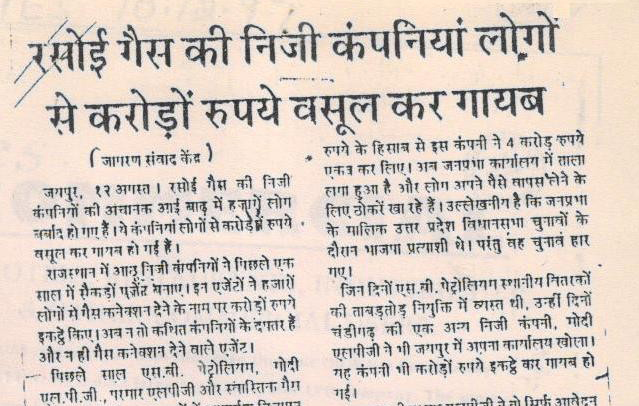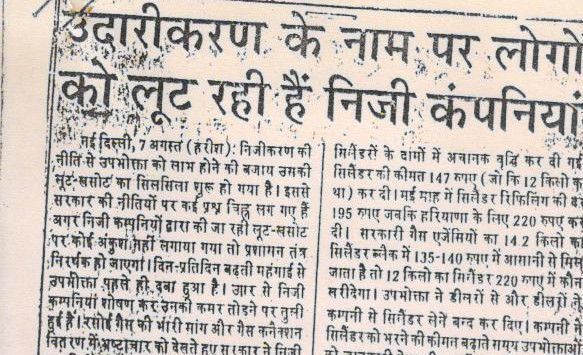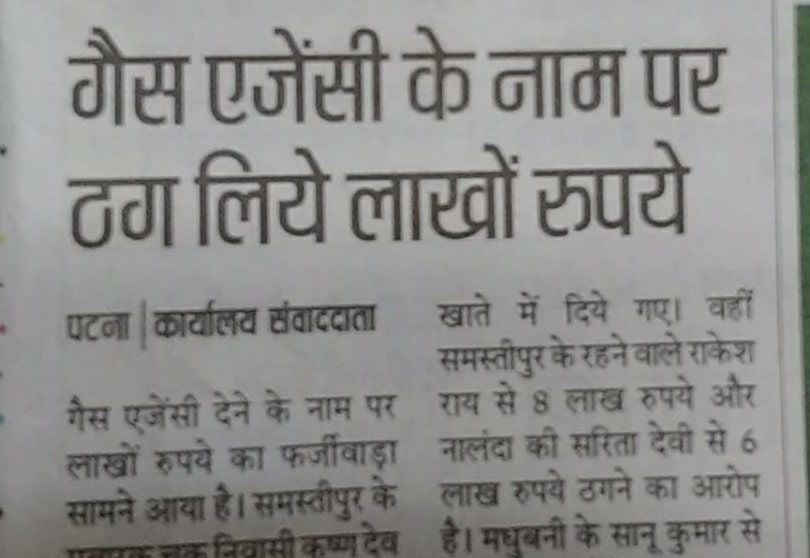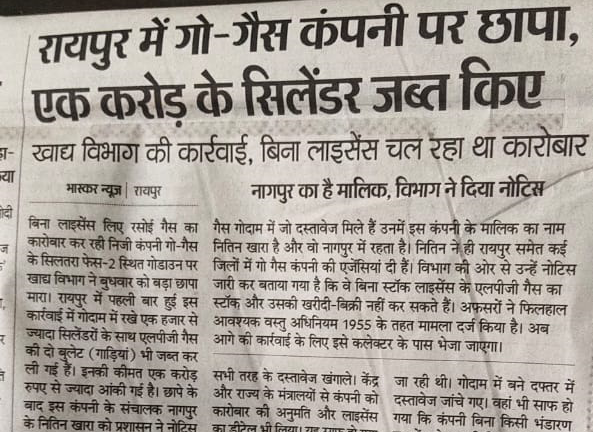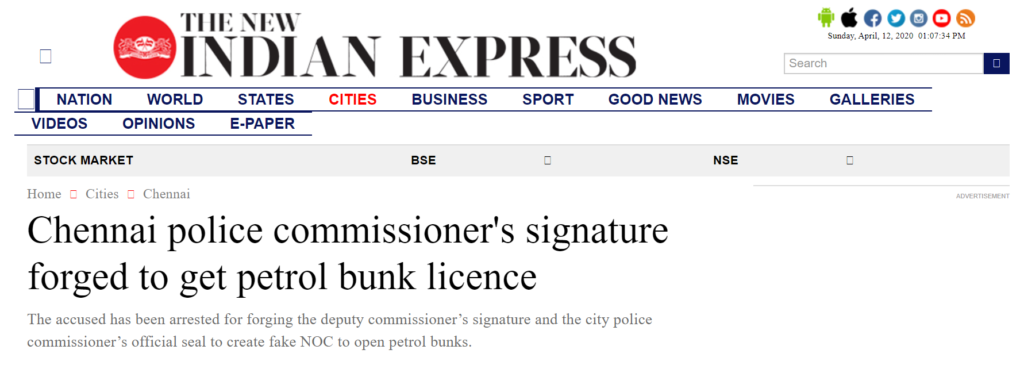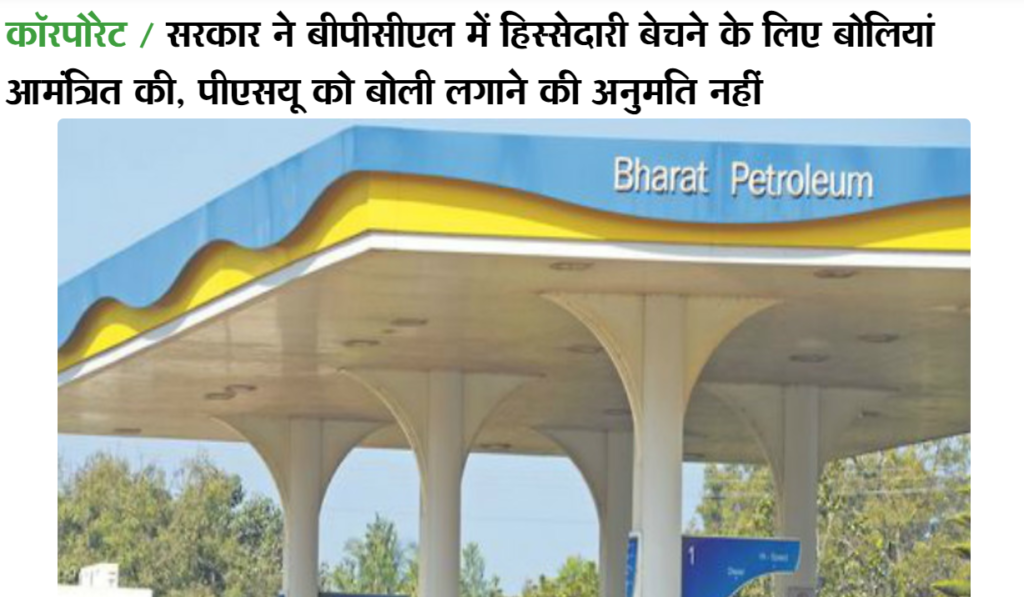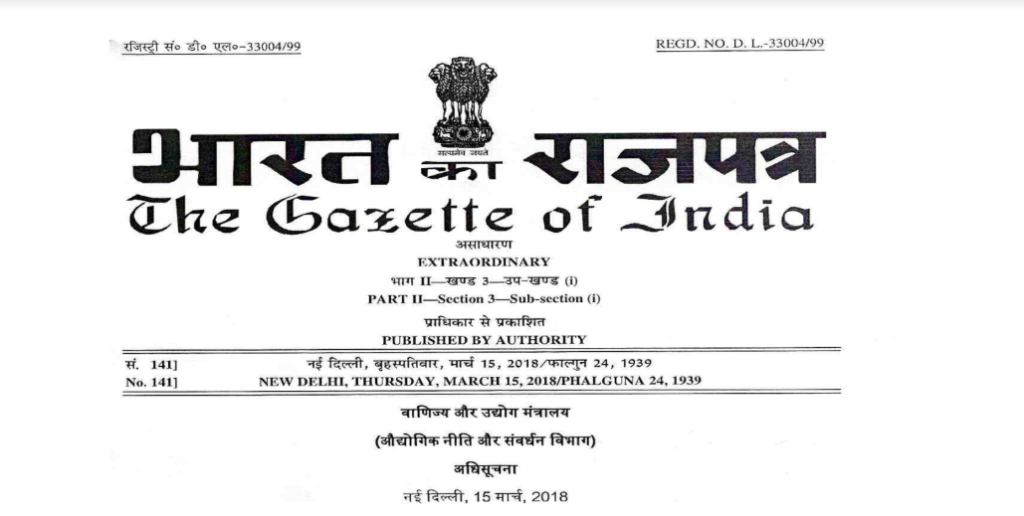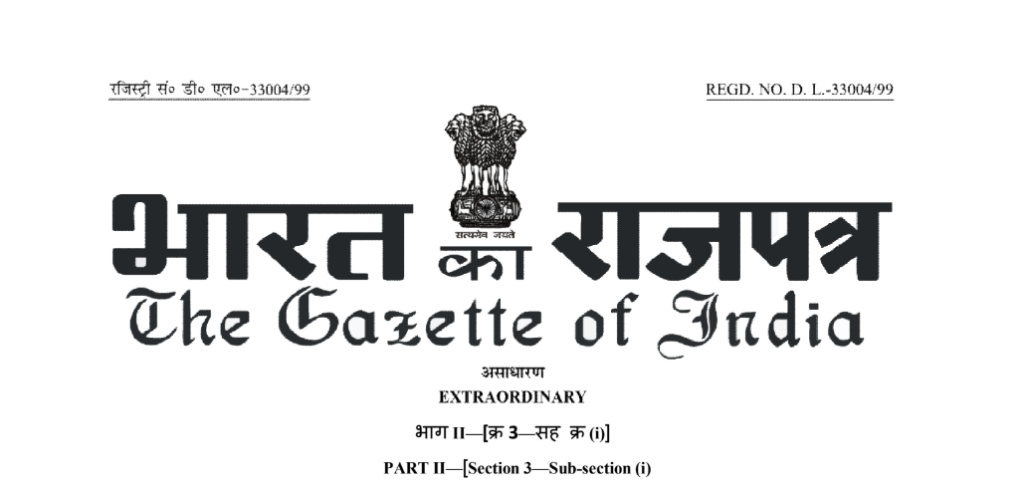History of LPG & creation of parallel marketing system in India
Way back in 1970, when LPG was introduced in India as a cooking fuel, people were afraid of using it because they felt it was dangerous. It impelled the Government to encourage distribution of this fuel through the public sector oil companies on subsidized rates to wean the public from using firewood, coal, charcoal and kerosene. Today, domestic cooking in India is synonymous with use of LPG. Some of its key benefits include lesser time spent on cooking chores, a clean and smoke free kitchen, easy to light and extinguish. These benefits endeared the fuel usage among Indian housewives and the bulk caterers including canteens, hotels and restaurants. This created a huge demand of LPG. Eventually, the oil companies were unable to meet the growing demand, resulting in decade-long waiting lists and the ever-expanding subsidy obligation proved a big burden on the government exchequer. So, the government took two decisions, one to Import LPG to meet the shortfall in domestic production and second to allow the private sector also to handle exclusively the marketing of the imported LPG at market-oriented prices without subsidy support. Thus, the parallel marketing activity started in August 1993.
Initial Hardships
- Taking advantage from Government policies, many players jumped into the field with no planning and weaker skills to establish their business. These short-term fortune seekers organized marketing companies few being MODI, BAJAJ, INDIRA, DIGBOI, SURAJ etc. Unfortunately, they gave false commitments around gas rates/connections and cheated many people. They in fact did not build any infrastructure and compelled public to part with initial deposits. After collecting large amount of people’s funds, they rolled down their shutters and soon disappeared from market.
- Overall lack of infrastructure i.e. port facilities for handling & storing imported LPG.
- Economic factors highlighting unsteady world market price of LPG during that time and the declining trend in the exchange value of Indian rupee.
Overcoming the hardships
- The Govt. issued another Gazette Notification in 1995 to obtain compulsory rating from specified agencies & their renewal on yearly basis. This prevented adulterated and non-bonafide suppliers entering the market. After issuance of this order, most of the south sea bubble ventures faded away, leaving the field exclusively in the hands of few dedicated and committed parallel marketers. This highly encouraged people to begin using parallel marketeer cylinders.
- The problem of storage facilities was solved with the availability of infrastructure with private sector/bulk importers like AEGIS & BHARAT SHELL and establishment of production unit by RELIANCE with 2.00 lacs MT annual capacity that even amplified supplying LPG to the parallel marketers as co-product.
- Exchange value of the Rupee stabilized in comparative terms and international supply price of LPG was also reduced.
Stumbling Blocks for Parallel Marketers
The Govt. of India opened domestic connections as well as largely increased the supply of subsidized cylinder, which created huge differences in price between the govt. oil companies and parallel marketers. Since the subsidized refill at large could not be continued for a longer period due to heavy burden of subsidy hence the government ultimately banned the usage of domestic cylinder of 14.2 kg for commercial/ Industrial purpose in the year 2000. This decision of Government opened huge opportunity for commercial market where parallel marketer could sell LPG at competitive price as compared to the public sector oil companies but people were still not able to use commercial cylinders due to its heavy rates as compared to domestic 14.2 kg cylinders which was easily available in the market by black marketers.
In 2012, Govt. of India introduced DBT (Direct Benefit Transfer) scheme which was giving out cash subsidy in customer account directly but again this did not sustain due to huge political pressure. During this period, few players such as ‘Aditya’, ‘Bharti’, ‘Prachi’ etc. with some infrastructure entered in this business with intention of making money but failed to keep up the promises demanded by the business. They intended to give false potentials by provisioning subsidized rates on gas supplies which were not even feasible for Govt. Oil Companies that resulted in their downfall and their business was soon collapsed completely. Due to such fraud companies in the market, the customers started losing faith in parallel marketers.
Current State and Scope
Currently, we are in a position with promising ideas and future to run the business based on our ethical grounds. Our strong belief foresees increase in the volume of business by existing Parallel Marketer strategies and leveraging following actions taken by the Govt:
- In 2000, the Govt. of India banned the use of domestic cylinder for commercial/industrial use, which was eventually implemanted and enforced in 2014.
- w.e.f. January 2015 the Govt. implemented DBT (Direct Benefit Transfer) scheme successfully which reduced the availability of subsidized domestic cylinders in the market which were being used by commercial units.
- w.e.f. January 2016, the Govt. launched ‘Give Up Subsidy’ & issued instructions not to give subsidy to higher income group & also started increasing the subsidized rate of domestic cylinder from time to time.
- In July 2017, the Govt. implemented G.S.T scheme levying 5% GST on domestic cylinder, thus creating a gap between commercial & domestic cylinder rates.
- w.e.f. January 2018, the Govt. oil companies i.e. Indian Oil, Bharat Petroleum & Hindustan Petroleum have also declared that on a 19 kg cylinder, they will give discount up to Rs.70/- whereas earlier they were offering Rs.250/- per cylinder & follow similar grounds for bulk sale.
- The Government of India vide Gazette notification no. 8 dated 4th Jan 2018 amended the “Gas Cylinder Rules” and according to the amended rule, NOC for LPG Godown shall be obtained from the local body such as Gram Panchayat or urban local body concerned. Earlier, NOC was to be obtained from DM/DCP (Licensing), which was a lengthy and more time-consuming process.
- w.e.f. 25th January 2018, the parallel marketers are also allowed to levy GST @ 5% as currently being levied by govt. oil companies.
- Currently, pet coke/coal/diesel/furnace oil is totally banned to use the product for Industrial use. Most of these industries are consuming PNG but foreseeing the advantages of LPG, these companies are willing to shift their focus in consuming LPGs. It is observed that LPG is economical than PNG considering the overall efficiency (colorific Value) & PNG consumption is 20% extra than LPG. People’s preference to use LPG is now constantly evolving.
- In May 2019, the Ministry of Petroleum, Govt. of India issued a memorandum to form a committee to review the working and participation of Parallel Marketers in LPG.
Now we have reached at a potential stage that gives us equal and balanced platform to execute our business efficiently as Government has called in for auctions only from private companies for Bharat Petroleum and completely barred the participation from PSUs. Nowadays, the LPG gas is fully available at reasonable rates and there will be no problem if you work with some genuine company.
Some cautious facts for consideration
We would like to mention that as per market reports some of parallel marketing companies are indulged in illegal activities and are spoiling the image of parallel marketer. These type of unethical practices are highly condemnable and should be curbed. The reports published in media on different occasions describing their misdeeds are shown on the left hand side. A prudent person can easily assess that the companies who's modus operandi is to somehow make money by hook and crook can offer any business module to the prospective entrepreneurs, but it is crystal clear from the media reports that these type of activities are not sustainable and law will take its own course. Needless to mention that these clippings can be viewed in full when you click. Many other clippings/news is available at our offices when you visit.
Why LPG/Auto LPG business?
- Unlimited demand of both products in domestic/commercial, industrial use and in vehicles.
- Favorable Govt. policies and being essential commodity makes it more worthwhile.
- Business also creates other sources of income.
- No uncertainties about resource availability and volume of the product all over India.
- The business also earns respect and dignity.




